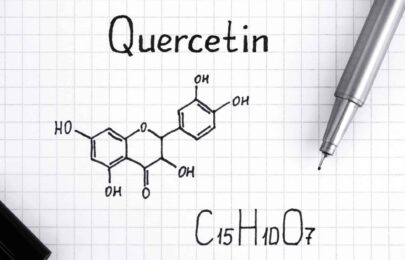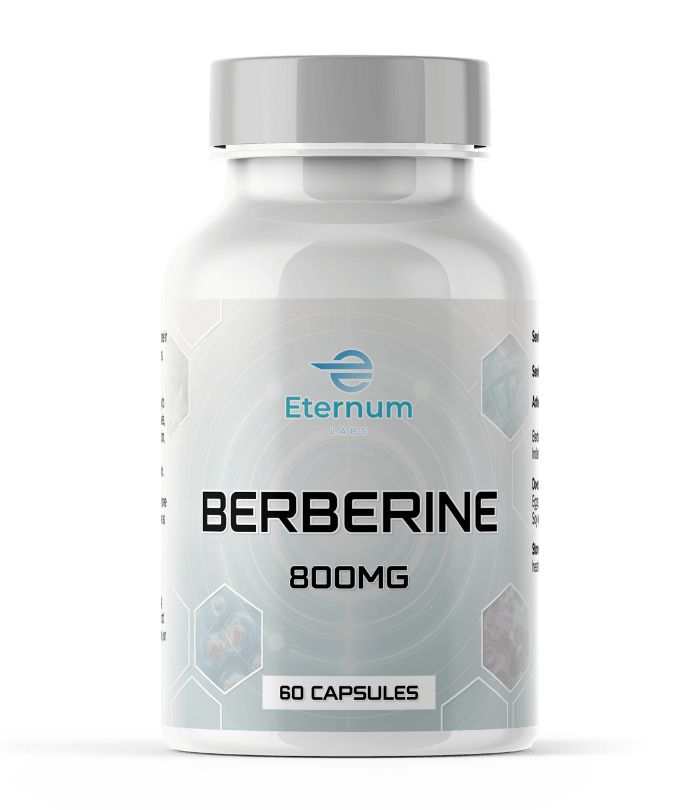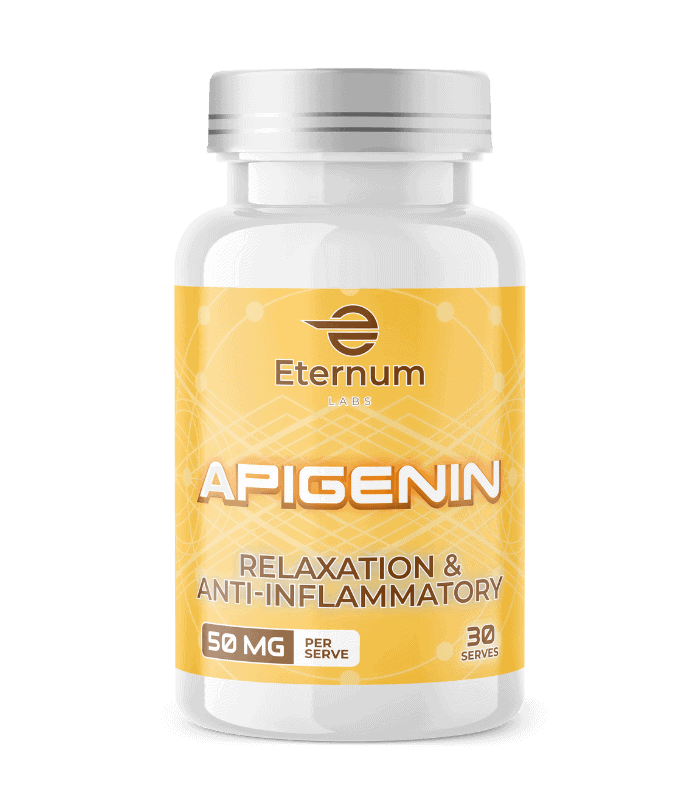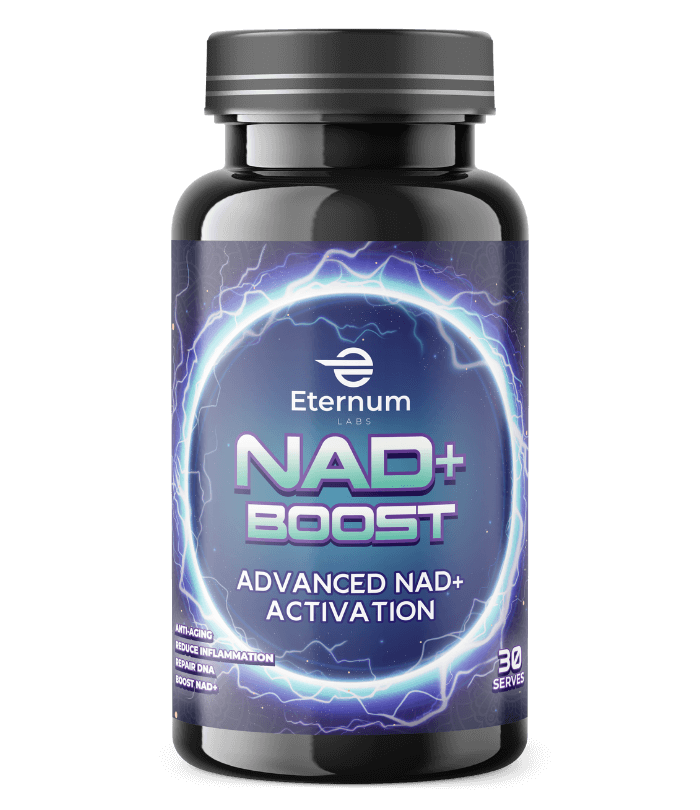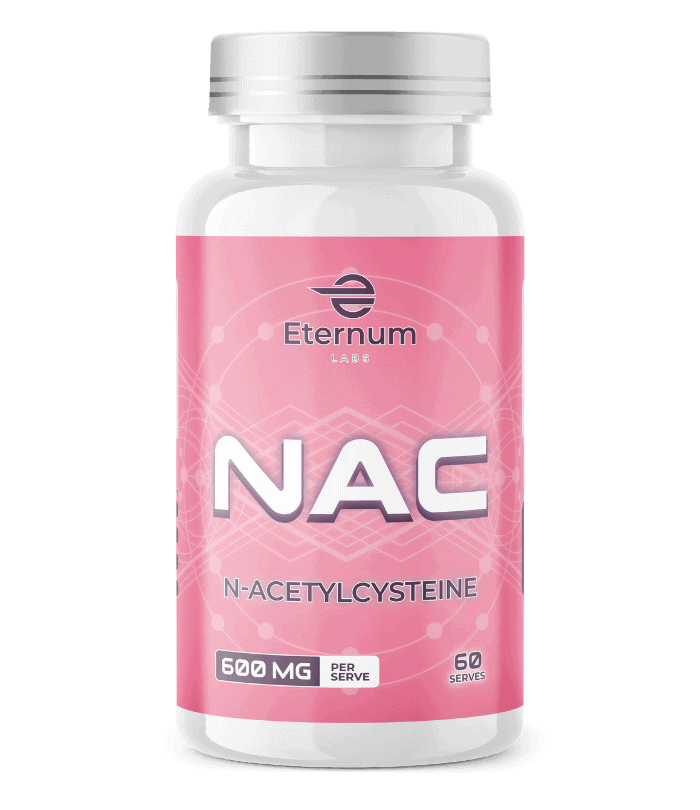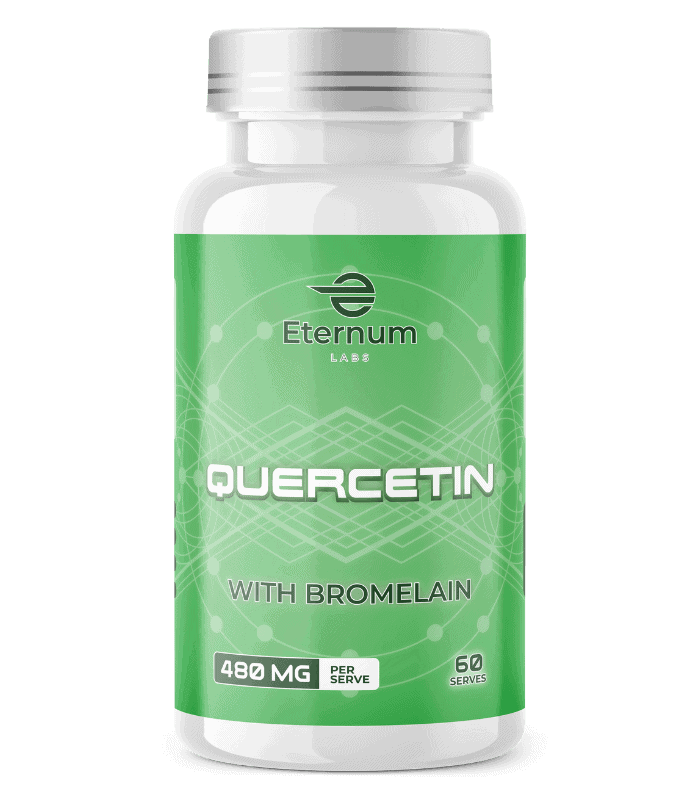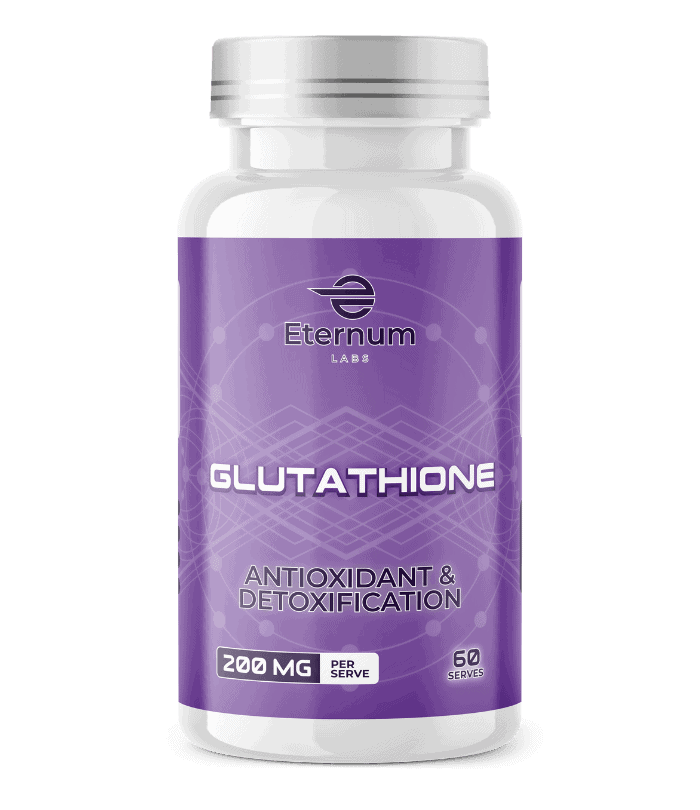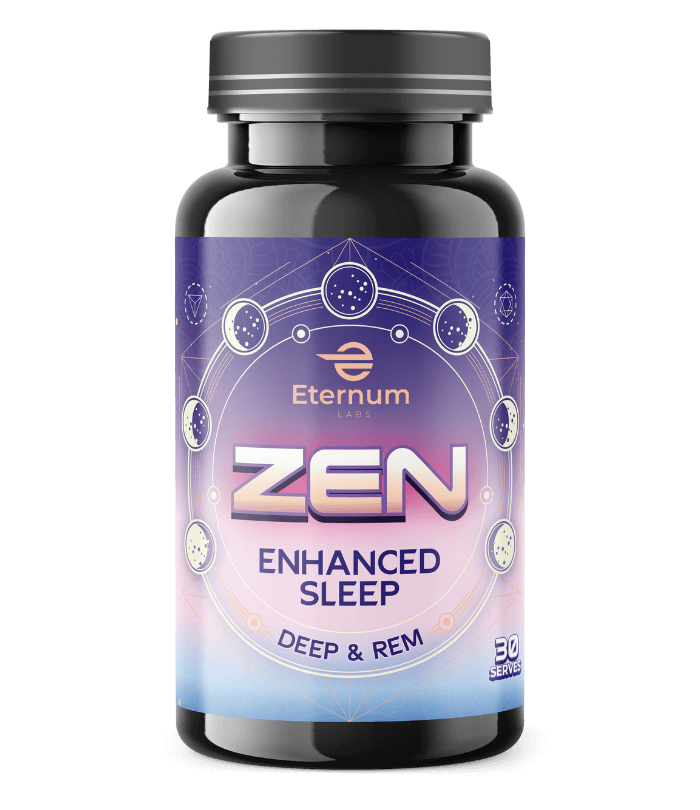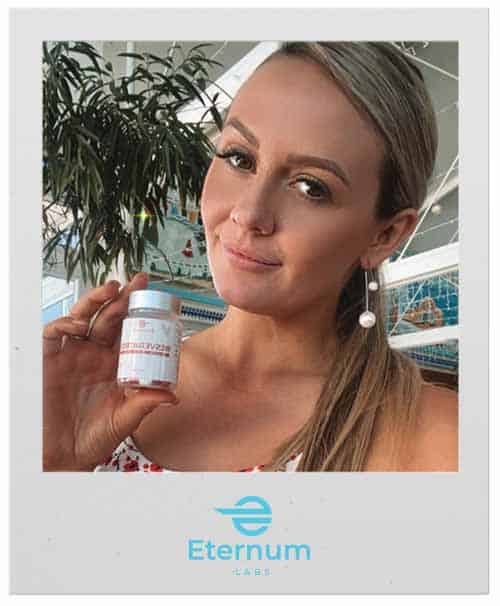
Why take supplements? 8 healthy reasons why it’s necessary
There is a bewildering array of supplements available, and some of them make claims about their health benefits that seem completely unlikely. But don’t let this lead you to believe that supplements are all woo and no substance. There are actually quite a few very good reasons why taking supplements can be important for maintaining your health. We are going to take you through 8 healthy reasons why taking supplements is necessary in the modern world.
Why take supplements? 8 healthy reasons it’s necessary
1) The abundance of processed food
There have been plenty of health concerns raised about the impact of processed foods on the obesity epidemic. What you may not have heard so much about is the impact of processed foods on our nutritional intake. Highly processed foods tend to have added fat, salt, and sweeteners as well as artificial colors and flavorings. But they are also low in fiber and nutrients such as vitamins and minerals.
Processed foods are designed to make you feel full and happy but they aren’t doing this because they are fulfilling your nutrient needs. They are doing this because they are artificially designed to make you feel that way through the clever use of artificial flavorings and the high levels of fat and salt. If you eat a diet that is high in processed foods and low in whole foods, then taking supplements is absolutely vital. Even if you follow a fairly healthy diet, you will still probably be eating a fair amount of processed foods, such as cookies, chips, and breakfast cereals. So making sure that you take a well-rounded supplement will help you to make sure that your nutritional needs are met.
2) Not getting enough sunlight
Vitamin D deficiency is on the rise. There are a couple of reasons for this. First, people are not spending as much time outside as they used to. Many people now have office jobs, and in some months of the year, this can mean arriving at work and leaving while it is still dark. And many people’s hobbies, such as gaming, now take place indoors. Second, people are rightly concerned about the increased risk of skin cancer from sun damage to the skin. So when people are spending time outdoors, they tend to wear sunscreen. This sunscreen does protect the skin from damage, but it also prevents sunlight from triggering the vitamin D creation process in the skin.
Many countries now suggest that everybody now take a vitamin D supplement, especially in times of the year where they will be seeing less sun.
3) An increase in environmental toxins
The air around most of us, except for those who live in especially remote areas, now has relatively high levels of pollutants and toxins. These toxins can include gases such as hydrogen chloride and elements such as chromium. In total there are around 200 toxins that can be linked to health issues. But we don’t just breathe in these toxins, they can also be present in our water supply, so we are drinking them too.
Some of the health issues these toxins can cause include:
- increased risk of some cancers
- damage to the nervous system and brain
- lung damage
- birth defects
- damage to the cardiovascular system
- infertility
This damage often occurs through a process called oxidization. This is where molecules called free radicals can run rampant around the body causing damage to cells wherever they are. Antioxidants are able to neutralize these free radicals and, while we get antioxidants from our diets, this often isn’t enough to neutralize enough of the free radicals. Vitamins C and E are antioxidants, so taking these can help to boost your supply and go some way to protecting you from environmental toxins.
4) The effect of climate change on our food
Climate change has the potential to cause a wide range of damage to the earth and the living things on it. One of the less well-known ways that it is affecting us is through the impact it has on the nutritional content of our food. Over the course of the last century, researchers have found that the produce from our farms contains fewer minerals and vitamins, and one of the reasons why this is comes from the increase of carbon dioxide in the air. When plants are grown in environments with lots of carbon dioxide, they tend to have lower levels of micronutrients such as iron and zinc.
5) Soil depletion and its effect on food
Soil depletion is becoming an ever-increasing problem. Modern intensive farming practices do not allow time for the soil to go through its natural process of regeneration. This means that the soil becomes depleted of many of its nutrients. Studies have found that this includes nutrients such as protein, calcium, phosphorous, iron, riboflavin, and vitamin C. So even if you eat whole foods and reduce your intake of processed foods, you still may not be getting enough nutrients from your food.
6) The distance that our food travels
Gone are the days where people ate only the fruit and veg that were in season. Now we can get any type of food at any time of the year by importing it from all over the world. Not only does this have a negative impact on climate change and drain the earth’s resources, it also affects the quality of the food. While imported fruit and veg won’t look all that much different from locally grown produce, by being stored for as long as it has been during its long journey, it has a much lower nutritional content.
7) Our aging population
As we get older, we tend to eat less food. And our bodies also become less efficient at processing the nutrients from our diet. As our population gets older and we all start to live longer, it is becoming more important that people learn to add the proper supplements to their diet to make sure that they are getting everything that they need to maintain their health.
8) Maintaining fitness
The importance of regular exercise for maintaining health has become more and more obvious. As a result, many of us are increasing our exercise levels to make sure that we stay a healthy weight, lower our risk of cardiovascular disease, reduce our risk of diabetes, and many other reasons. But, as we have seen, the nutritional content of many of the foods we eat, both processed and unprocessed, has become much lower. And these nutrients are especially important when our lifestyle is active.
Final thoughts
Supplements are more important to our health than ever. While in a perfect world, we would get all of the nutrients we need from a healthy whole-food diet, the reality is that this is becoming less feasible. Adding in a well-rounded supplement that can help to boost your levels of the most important vitamins and minerals can have a big impact on your health.
Related Articles
N-Acetyl-Cysteine NAC Benefits: What You Need to Know
Quercetin Supplement: What Are The Benefits?
Products
-
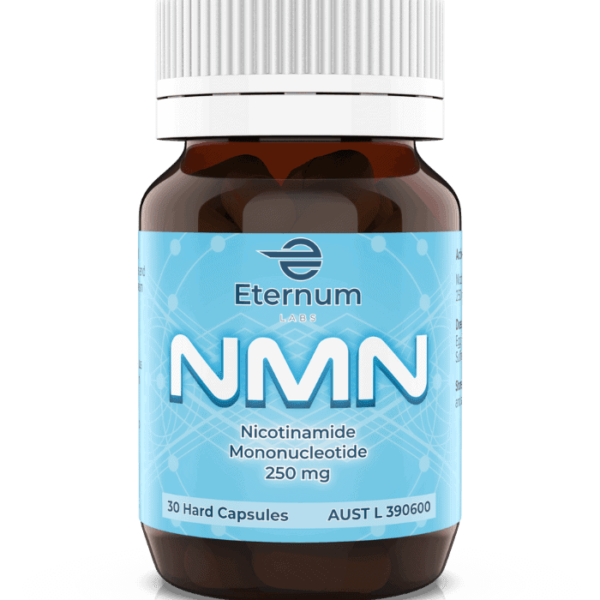 NMN Nicotinamide Mononucleotide
Rated 4.90 out of 5From: $89.97 — or from
NMN Nicotinamide Mononucleotide
Rated 4.90 out of 5From: $89.97 — or fromFrom: $89.97From: $80.97 / month -
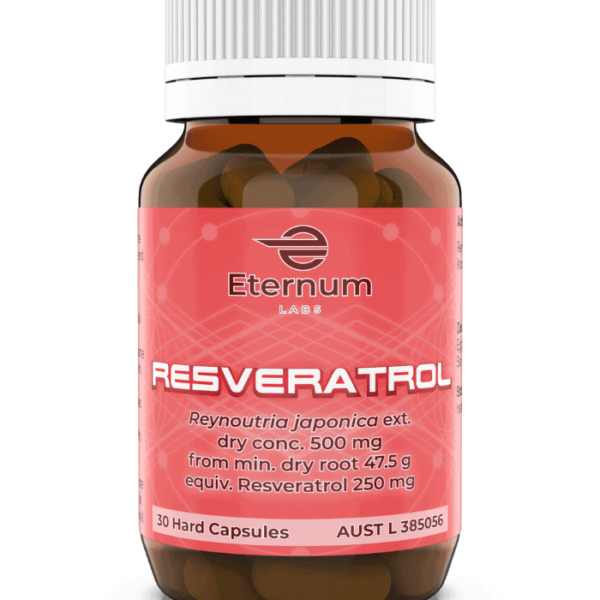 Resveratrol
Rated 4.95 out of 5$57.97 — or
Resveratrol
Rated 4.95 out of 5$57.97 — or$57.97$52.17 / month -
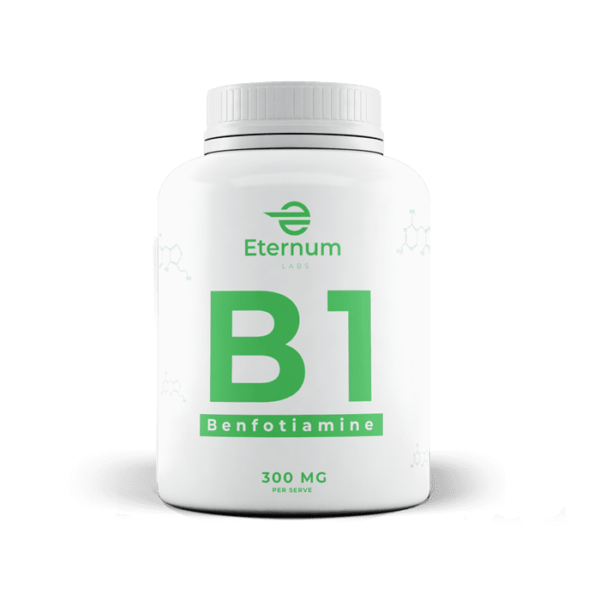 B1
Rated 5.00 out of 5From: $49.97
B1
Rated 5.00 out of 5From: $49.97 -
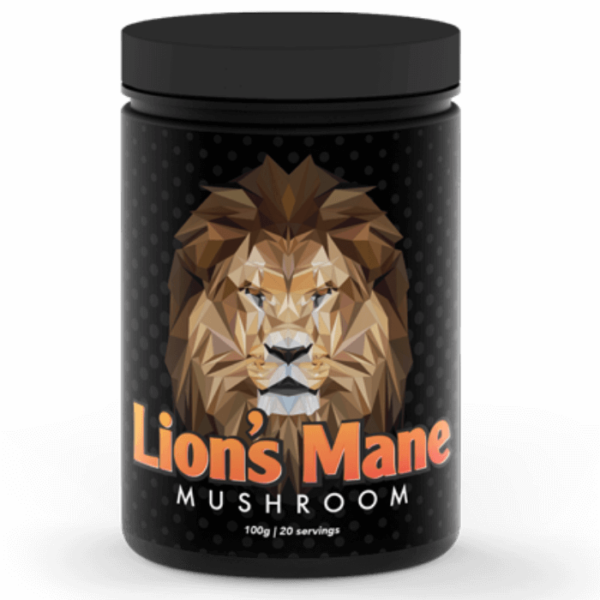 Lion's Mane
Rated 5.00 out of 5$59.97
Lion's Mane
Rated 5.00 out of 5$59.97 -
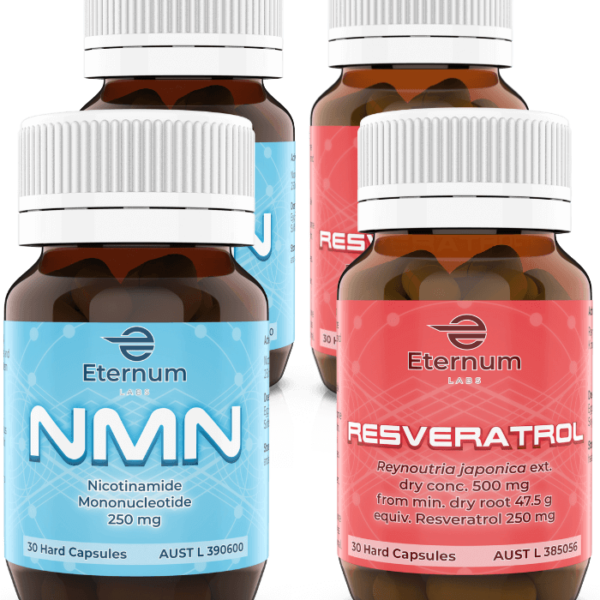 NMN + Resveratrol
Rated 4.92 out of 5
NMN + Resveratrol
Rated 4.92 out of 5From: $295.88From: $247.97 — or fromFrom: $295.88From: $223.17 / month

